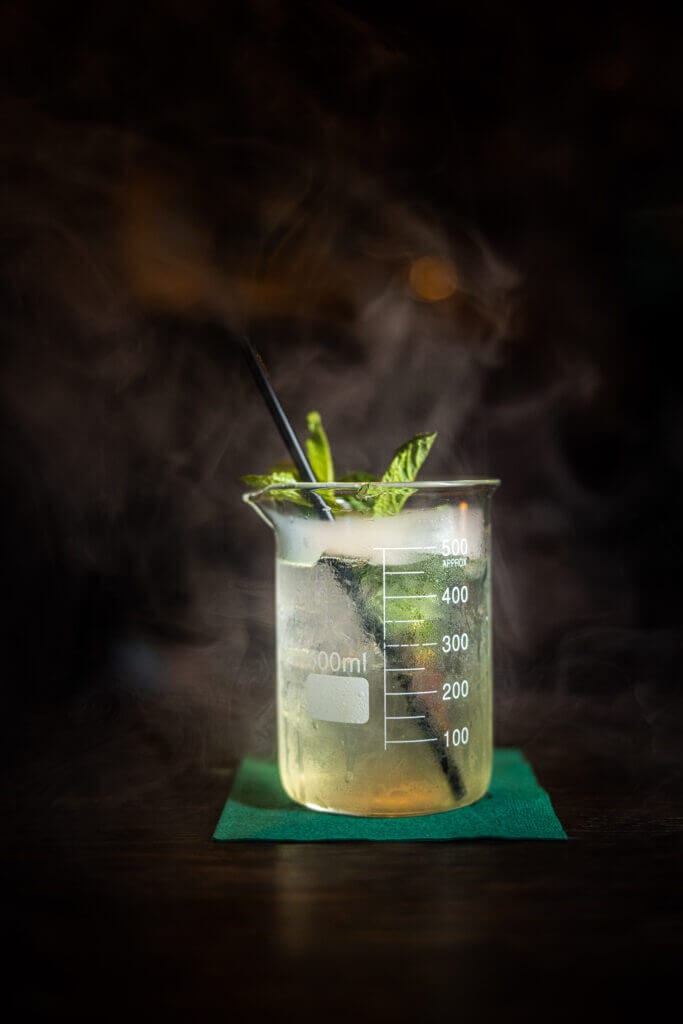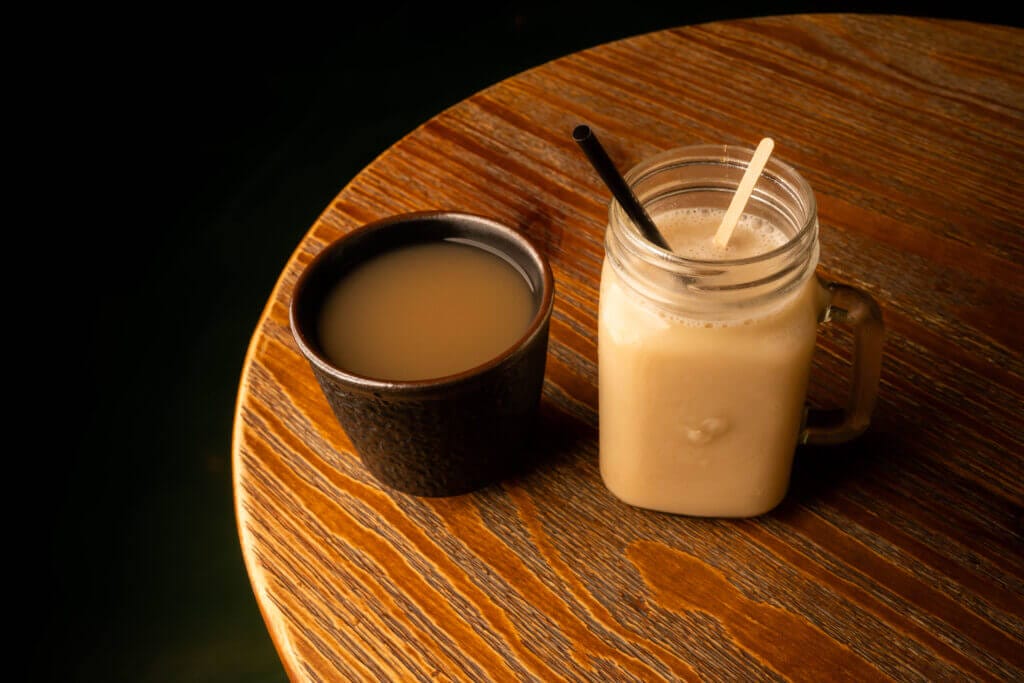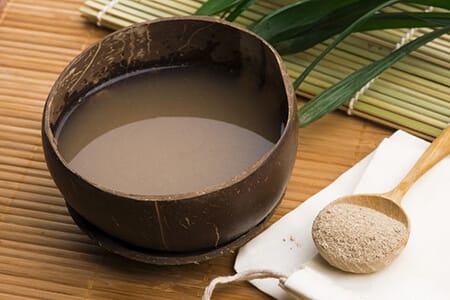Kava is a traditional drink made from the roots of the kava plant (Piper methysticum), which is native to the Pacific Islands. It has been used for centuries in these regions for its relaxing and calming effects, and has gained popularity in recent years in other parts of the world, including South Florida, particularly in the Hollywood, Fort Lauderdale, and Miami areas. In this blog, we will explore the effects of kava and why people use it.

Effects of Kava
Kava is known for its calming and relaxing effects, making it a popular alternative to prescription medication for anxiety and insomnia. The active compounds in kava, called kavalactones, work by binding to certain receptors in the brain, resulting in a sedative effect. This can help to reduce anxiety and promote sleep, without the side effects often associated with prescription medication.
Kava has also been used as a social drink in Pacific Island cultures, where it is consumed during traditional ceremonies and gatherings. It is said to enhance sociability and promote a feeling of well-being, making it a popular choice for those looking to unwind and socialize.

Why People Use Kava in South Florida
The use of kava has been growing in popularity in South Florida, particularly in the Hollywood, Fort Lauderdale, and Miami areas. There are several reasons why people may choose to use kava, to buy kava and to frequent kava bars. When you are searching for a kava bar near me or where to buy the best kava from a local supplier, be sure to do the research.:
Alternative to prescription medication: Many people are turning to natural remedies to manage anxiety and insomnia, and kava is seen as a safe and effective alternative to prescription medication.
Socialization: Kava bars have popped up in South Florida, offering a relaxed and social environment where people can enjoy the calming effects of kava while socializing with friends.
Wellness: Kava is often marketed as a wellness product, with claims that it can reduce stress, promote relaxation, and enhance mood.
Cultural Interest: South Florida has a diverse population, and some people may be drawn to kava as a way to experience a new cultural tradition.
Possible Risks and Side Effects of Kava
While kava is generally considered safe when consumed in moderation, there are some risks and side effects to be aware of. These include:
Liver Damage: There have been reports of liver damage associated with kava use, particularly when consumed in large amounts or for prolonged periods. It is important to consult with a healthcare provider before using kava, especially if you have a history of liver disease.
Impaired Driving: Kava can impair cognitive function and reaction time, making it dangerous to drive or operate heavy machinery while under its influence.
ava is grown in several Pacific Island countries, including Fiji, Vanuatu, Tonga, and Samoa. The cultivation and harvesting of kava is an important part of the cultural and economic life of these communities.

How to grow Kava:
Kava is a perennial shrub that grows best in warm and humid climates. It is typically propagated from stem cuttings, which are planted in well-draining soil. Kava requires consistent moisture and partial shade to thrive, and farmers may use irrigation systems to ensure the plants receive sufficient water.
Harvesting Kava:
Kava is harvested when the roots are mature, which typically occurs after 3-5 years of growth. The roots are the most important part of the plant, as they contain the active compounds (kavalactones) that give kava its relaxing effects. To harvest kava, farmers carefully dig up the roots using hand tools, being careful not to damage the plants.
Processing Kava:
Once the kava roots have been harvested, they are typically processed using one of two methods: traditional or mechanized. In the traditional method, the roots are washed, pounded, and mixed with water to create a thick, muddy beverage that is then strained and consumed. In the mechanized method, the roots are washed, ground into a powder, and mixed with water to create a beverage that is easier to consume.
Exporting Kava:
Kava is typically exported in its processed form, either as a powder or a concentrate. Exporters must comply with the regulations and requirements of the importing country, which may include testing for quality and purity. Kava is regulated by the US Food and Drug Administration (FDA), which has issued warnings about the potential for liver damage associated with the use of kava supplements.
In conclusion, the cultivation, harvesting, and processing of kava is an important part of the economy and culture of Pacific Island countries. The roots of the kava plant are harvested and processed to create a relaxing beverage that is consumed around the world. While the use of kava can have potential benefits for anxiety and relaxation, it is important to be aware of the risks and side effects associated with its use and to consult with a healthcare provider before use.
Allergic Reactions to Kava: Some people may be allergic to kava, and can experience symptoms such as hives, itching, and difficulty breathing.
Interactions with Medications: Kava may interact with certain medications, including those for anxiety, depression, and Parkinson’s disease. It is important to talk to a healthcare provider before using kava if you are taking any medications.
The Best Kava Bar In South Florida is the Hollywood Kava Bar known as Elixir.
Kava is a natural remedy with potential benefits for those looking to manage anxiety and promote relaxation. However, it is important to be aware of the potential risks and side effects associated with its use, and to consult with a healthcare provider before using it, especially if you have a history of liver disease or are taking any medications. Despite these risks, the popularity of kava continues to grow in South Florida, with kava bars becoming increasingly popular social destinations.

